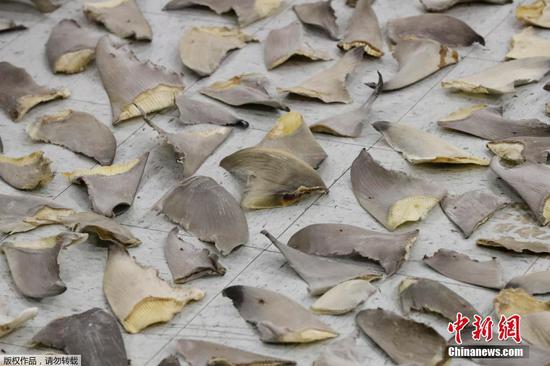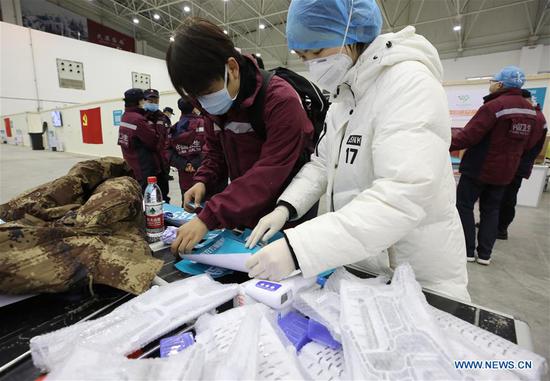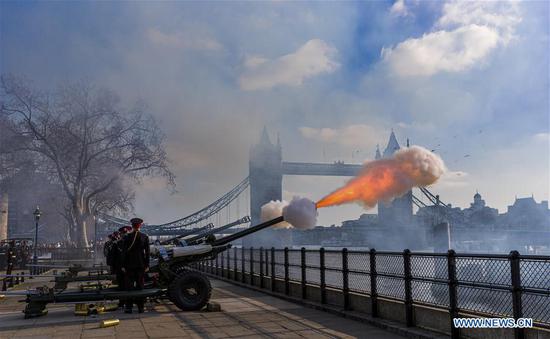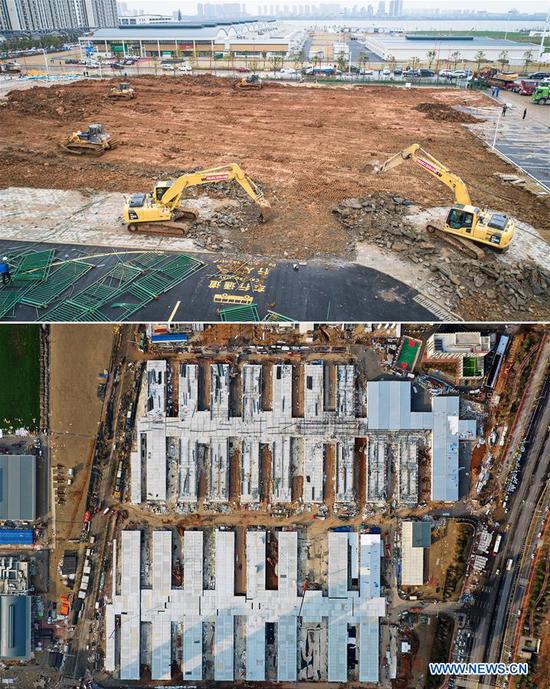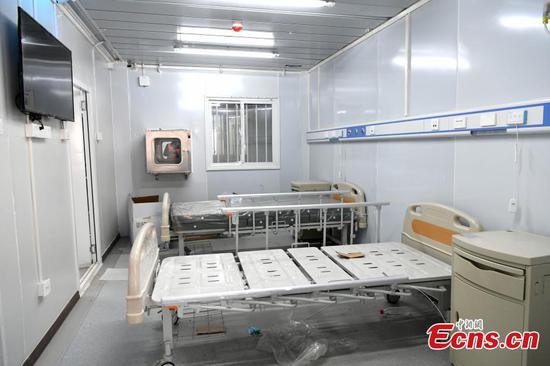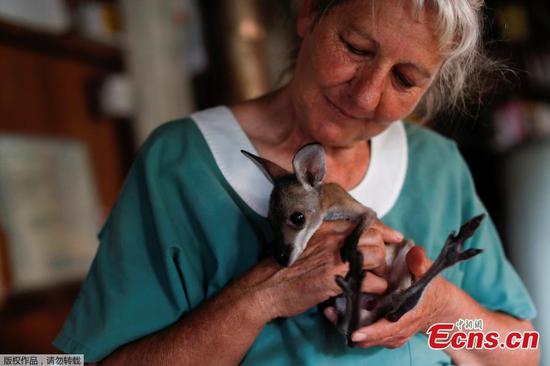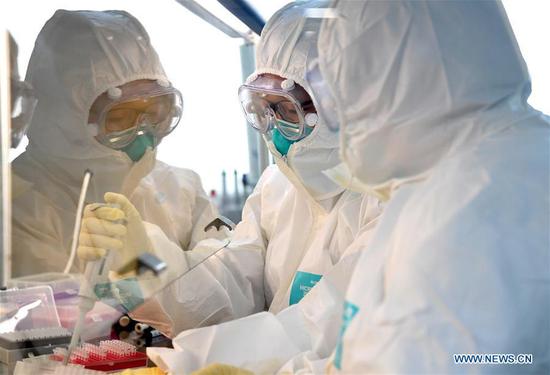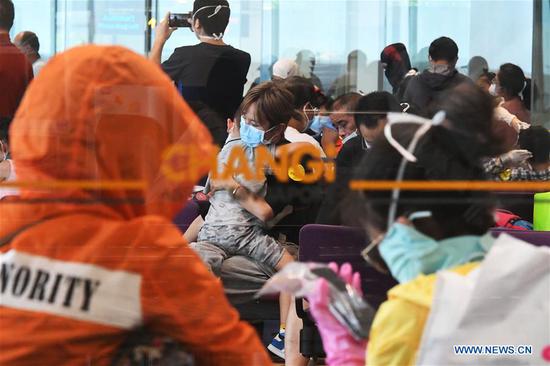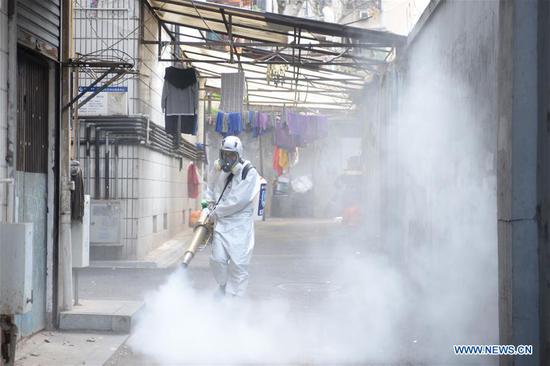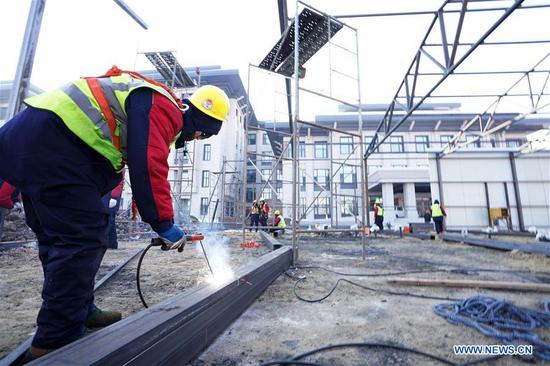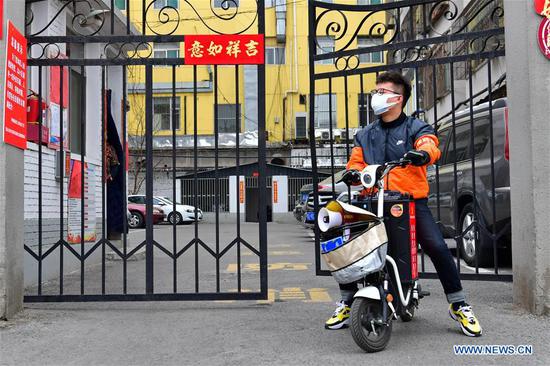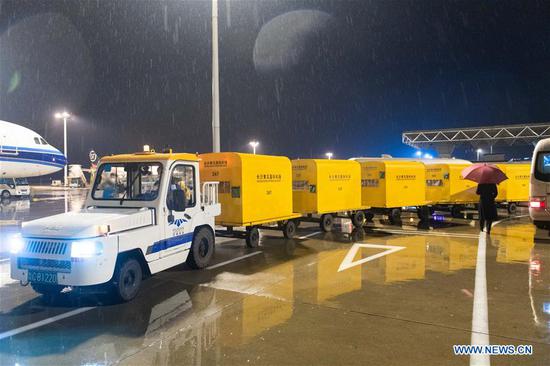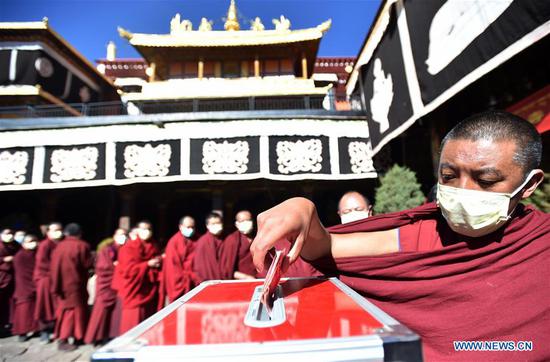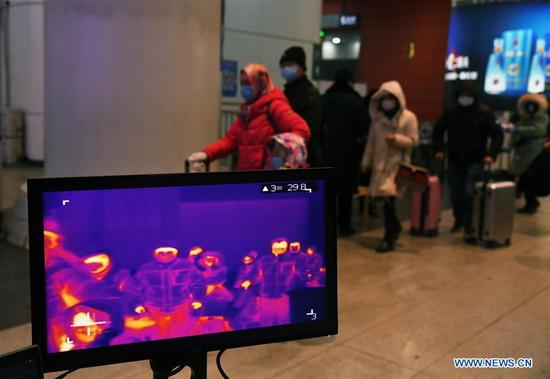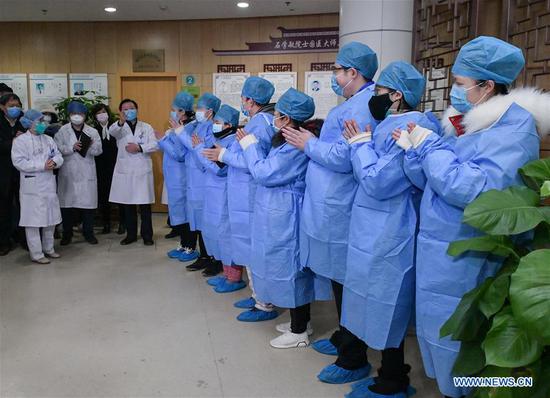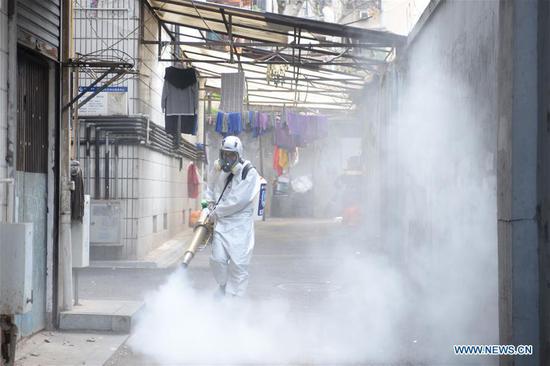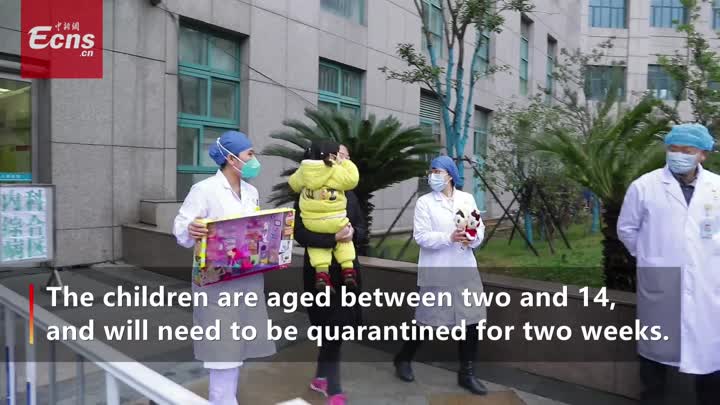International organizations and countries have voiced their confidence in the resilience of the Chinese economy that has been overshadowed by the outbreak of the novel coronavirus pneumonia.
They believe the impact is likely to be temporary and China has enough policy space to respond to and overcome the virus shock.
U.S. President Donald Trump, in a phone conversation with Chinese President Xi Jinping on Friday, said the United States fully supports China's fight against the novel coronavirus epidemic and is willing to send experts to China and offer assistance in various other forms.
He said the fact that China has completed building special hospitals for novel coronavirus patients in an incredibly short time is impressive, and shows China's outstanding organizational and response capabilities.
The U.S. president said he is confident that under Xi's leadership, the Chinese people will undoubtedly win the battle against the outbreak.
The United States has confidence in China's economic growth, he said, adding that Washington will calmly look at and respond to the epidemic, and is willing to maintain communication and cooperation with China through bilateral and WHO (World Health Organization) channels.
The World Bank said in a statement on Monday that the Chinese authorities have policy space to respond and have announced a sizeable injection of liquidity, which should help mitigate the costs to economic growth.
The organization said it supports China's efforts to respond, including its efforts to maintain resilience in its economy.
Also on Monday, the International Monetary Fund (IMF) expressed its support for China's efforts to tackle the novel coronavirus outbreak.
"We are confident that China's economy remains resilient," IMF Managing Director Kristalina Georgieva said in a statement on Twitter and Chinese social media platform Sina Weibo.
The IMF chief expressed "deep sympathies to all those affected by the serious situation related to #Coronavirus" and support for "China's efforts to respond, including recent fiscal, monetary, and financial actions."
In a recent press briefing, IMF spokesperson Gerry Rice also showed support for China's battle against the outbreak, noting that Chinese authorities are clearly "taking this very seriously."
Rice said China is a large economy with the resources and the resolve to effectively meet the challenge of the pneumonia outbreak caused by the novel coronavirus.
Deputy Secretary-General of the Association of Southeast Asian Nations (ASEAN) Kung Phoak said in Jakarta last Saturday that actions taken by the Chinese government to fight the novel coronavirus are effective.
He also expressed appreciation to the Chinese government on providing regular and timely updates to all partners, especially ASEAN member states.
"We have regular meetings and we have regular updates and that is the reason why member states can track those who have been affected by the virus as early as possible and that is also the reason why now we, in some ways, have some control over the situation and some countries are not yet confirming and for some other member states, only small numbers of people have been confirmed infected by the virus," he said.
On the future development of China's economy, he said he didn't think it is wise for anyone to assume that because of the coronavirus, there would be any issue with China's economic development.
Stephen Roach, a senior fellow at Yale University's Jackson Institute of Global Affairs, told Xinhua in an email interview on Tuesday that the impact of any such virus-related disruption is likely to be temporary, followed by a sharp rebound.
Assuming virus containment at some point in the next two to three months, China has the right policy strategy to insure a post-virus rebound in the second half of 2020, the U.S. economist said.
The combination of monetary and fiscal stimulus, in conjunction with rapid public health policy reforms - especially directed at open-food and exotic wildlife markets - should facilitate this likely rebound and recovery, Roach said.
"As for the long run, I remain optimistic on China," he said.
By continuing to emphasize key structural transitions, the long-term prospects for the Chinese economy remain outstanding, he added.









